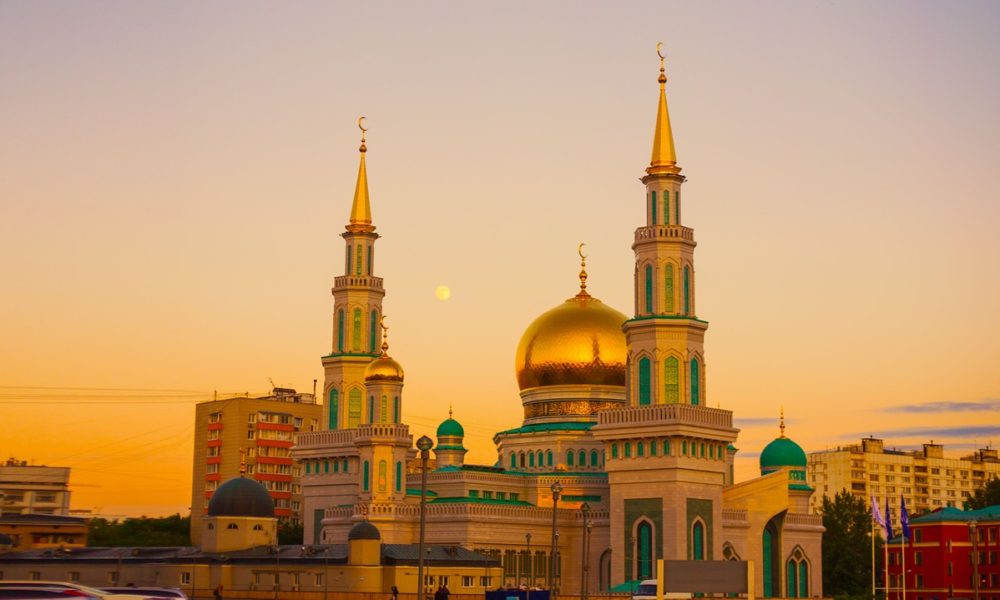White House officials told the media ahead of the historic talks between the United States and Russia that Washington was preparing for Moscow to attack Ukraine at a “heavy and crushing” cost. The sanctions are said to be as stringent as those on Iran, Cuba and North Korea and will focus on the financial, technology and military sectors.
last month Reuters news agency reportedThat Washington has considered banning the export of consumer and industrial technologies, such as parts for smartphones and airplanes, to Russia.
Several US news agencies quoted unnamed government officials on Saturday, detailing how President Joe Biden’s government might act if the Kremlin escalated the situation with Ukraine. Russia has indicated that it feels its security is threatened by Western attempts to drag Kiev into NATO.
Newspapers say Washington may ban US exports of sensitive technology and microelectronics, such as computer chips made or based on US software. A person familiar with the White House conversations told Bloomberg that the sanctions will limit restrictions on the transportation of avionics and machine tools, as well as smartphones, video game consoles, tablets and televisions.
CNN indicated that the sanctions may include restrictions on the export of auto parts to Russia. The source said the measures would be aimed at “causing huge and sweeping costs for the Russian economy” if it occupied its neighbour. The United States and Russia are holding talks on Monday in an effort to ease tensions over Ukraine in recent months. The two sides are also expected to discuss Moscow’s old complaints about NATO expansion near its borders.
Russia wants the US-led military bloc to make legally binding assurances that it will not extend east, effectively preventing Ukraine from joining the organization. Talks between Russia and NATO are scheduled for Wednesday.
Western officials accuse Russia of stockpiling troops and military equipment with the intention of attacking Ukraine. Moscow has repeatedly denied these allegations.
Russia says it will not make concessions under pressure
Russia does not feed illusions and does not expect rapid progress from security talks with the US and NATO this week – Deputy Foreign Minister Sergei Ryabkov saidAdding that the collective West does not understand Moscow.
‘We have realistic expectations’
He told Interfax on Sunday, adding that it would be “naive” to believe that negotiations would lead to significant progress – not to mention “rapid progress”.
“There’s a good chance that … we’re faced with the unwillingness of the United States and NATO to understand what we really need.”
Ryabkov answered another question from RIA Novosti. Before the meetings, he also described “signals” from Western capitals as “disappointing”.
The United States and its allies argue that Russia “should do this or that” and such a situation
“There can be no basis for any fruitful discussion, let alone an agreement.”
The diplomat thinks. He explained that what Moscow is seeking are “legally binding guarantees that NATO will not expand to the east.” The coalition must also dismantle it
“Everything he has created since 1997 is driven by anti-Russian phobia and misconceptions about Russian politics.”
Deputy Minister added.
Ryabkov warned that if the United States and NATO resorted to pressure and threats again instead of dialogue, it would only lead to a dead end in the negotiations.
“We will not make concessions because we are facing the pressures and threats they are currently facing against us,” he added.
According to the senior diplomat, Russia is determined not to allow the Western bloc “to bury the talks in endless discussions” on the same issues as it did in the Russia-NATO Council until 2019. He also acknowledged that Moscow is “not at all optimistic” about the possible outcome of the talks.
His words came ahead of the US-Russia meeting scheduled for January 10 in Geneva, Switzerland. This will be followed by a meeting of the Russia-NATO Council on January 12 – the first since 2019. Security consultations within the Organization for Security and Cooperation in Europe (OSCE) will begin on January 13.
Discussions between Russia and the West have been triggered by rising tensions in recent months. Western countries are concerned about Moscow’s alleged plans to invade Ukraine – which the Kremlin has repeatedly denied and is anti-Russian. “hysteria” Okulta.
The situation prompted Moscow to put forward a series of security proposals that include restrictions on NATO expansion and security guarantees for Russia. Some of these demands have already been rejected by the United States and its allies, with both NATO and Washington stating that the alliance will never pledge not to expand.
source: computer world












































